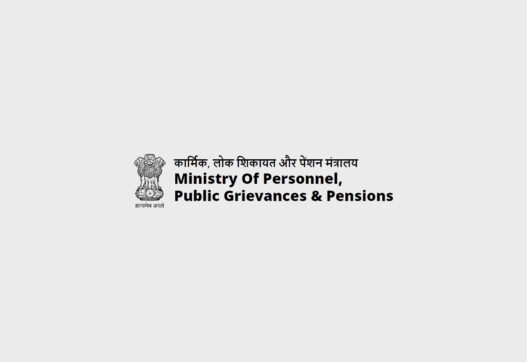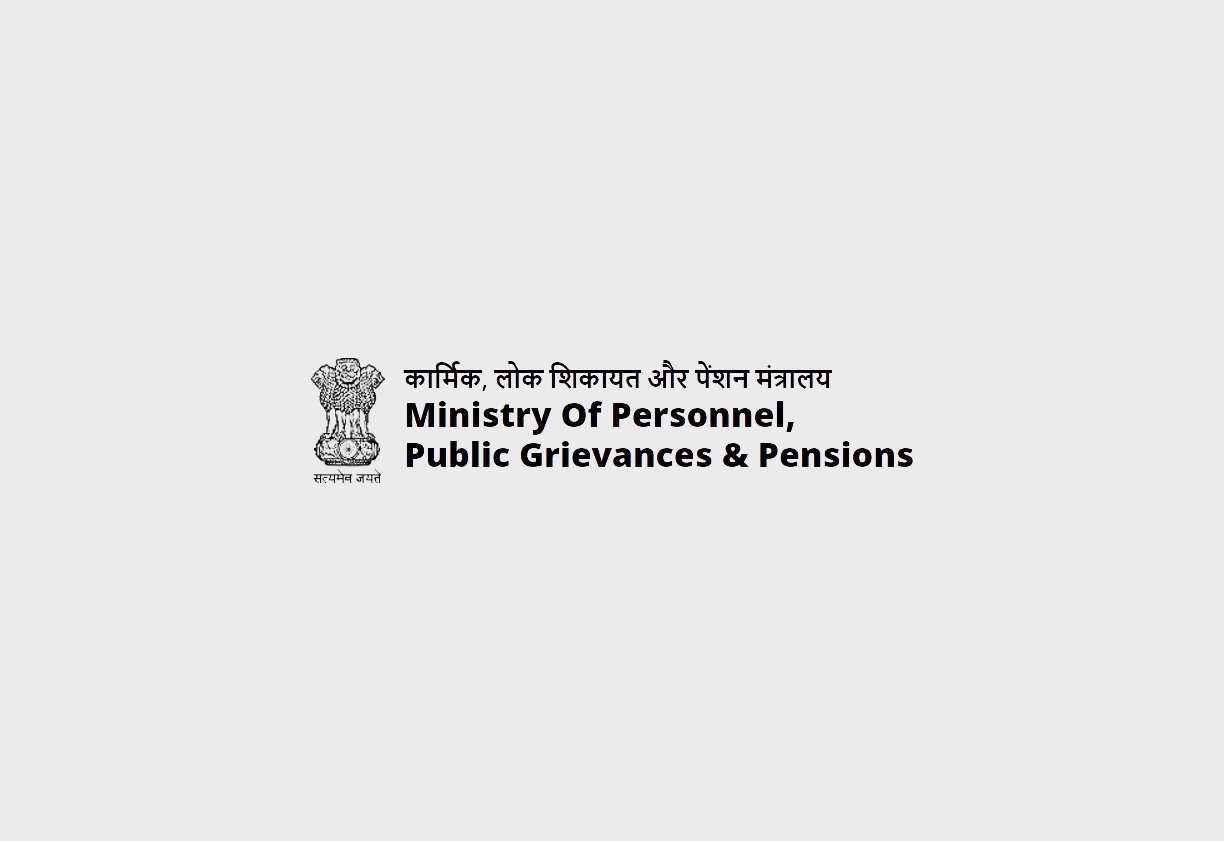Ministry of Personnel, Public Grievances and Pensions
The All-India Services Act, 1951, was enacted to regulate the recruitment and conditions of service of persons appointed to the All-India Services common to the Union and the States. This act aims to create a unified framework for the administration of these services. While the Act does not specify a particular ministry, it falls under the purview of the Ministry of Personnel, Public Grievances and Pensions in India, as it deals with matters related to civil services.
Enactment Date, Number of Chapters, Number of Sections:
The All-India Services Act, 1951, was enacted on October 29, 1951. The Act is structured into 4 sections, without specific chapters. These sections cover the short title, definitions, regulation of recruitment and service conditions, and continuance of existing rules.
Act Governed By:
The Act is primarily governed by the provisions outlined within its sections. It defines the All-India Services and empowers the Central Government to make rules for regulating recruitment and conditions of service for these services. The Act also ensures the continuance of existing rules until new ones are framed.
On Whom It Is Applicable:
The All-India Services Act, 1951, is applicable to all persons appointed to the All-India Services, which currently include the Indian Administrative Service (IAS), the Indian Police Service (IPS), the Indian Forest Service (IFS), and the Indian Service of Engineers (Irrigation, Power, Buildings and Roads); and the Indian Medical and Health Service.
Penalties/Punishments:
The Act does not specify any penalties or punishments for non-compliance. However, it does authorize the Central Government to make rules for regulating recruitment and conditions of service, which would include provisions for discipline and conduct.
Important Pointers:
-
The Act defines “All-India Service” as the Indian Administrative Service, the Indian Police Service, and other services as may be specified.
-
It empowers the Central Government to make rules for regulating recruitment and conditions of service for All-India Services.
-
The Central Government is required to consult with State Governments before making these rules.
-
The Act allows for retrospective effect to be given to rules, but not in a way that prejudicially affects the interests of any person.
-
It ensures the continuance of existing rules until new ones are framed.
-
The Act provides a framework for the unified administration of All-India Services across the Union and the States.
-
It emphasizes the role of the Central Government in setting standards and regulations for these services.
-
The Act has been amended over time to adapt to changing needs and circumstances.
-
The Act empowers the Central Government to make rules to ensure the proper functioning of All-India Services.
Act Copy:




